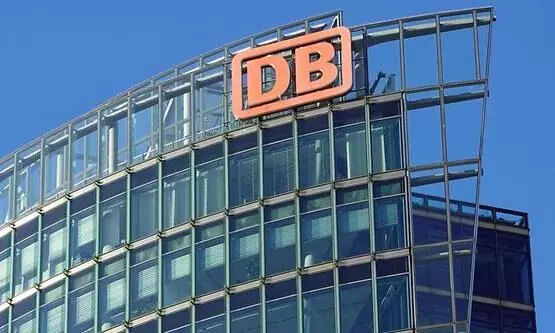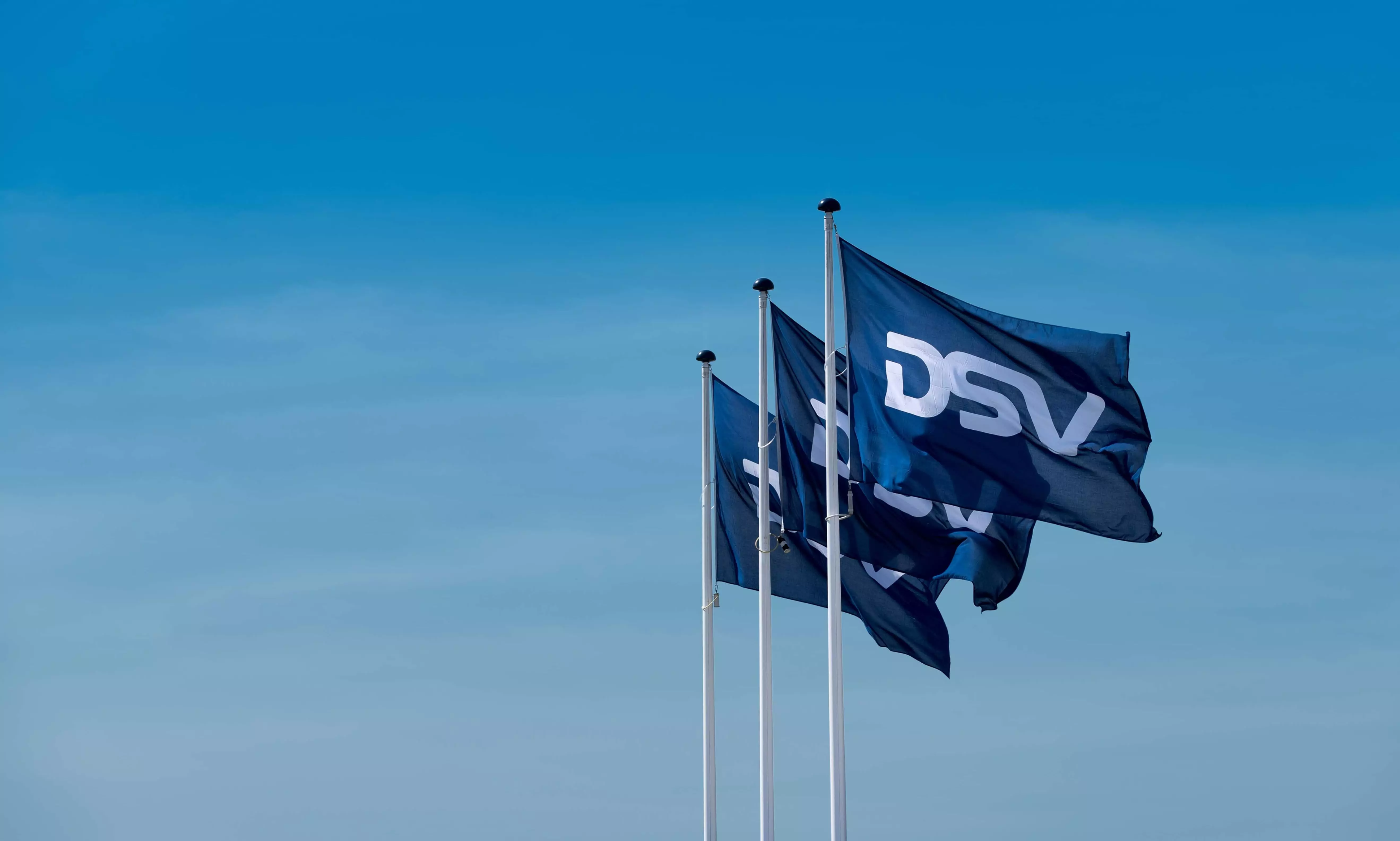
Deutsche Bahn Supervisory Board approves sale of DB Schenker to DSV
Including the expected interest income until closing, Deutsche Bahn is likely to get up to €14.8 billion.

Photo Credit: DB / Volker Emersleben
The Supervisory Board of Deutsche Bahn approved the sale of DB Schenker to Danish transport and logistics group DSV at an extraordinary meeting on Wednesday.
DSV announced its biggest transaction to date after signing an agreement to acquire DB Schenker from Deutsche Bahn on September 13, 2024 for an enterprise value of €14.3 billion.
"Together, DSV and Schenker will have an expected pro-forma revenue of approximately €39.3 billion (based on 2023 numbers) and a combined workforce of approximately 147,000 employees in more than 90 countries."
The federal government has also granted approval required for the DSV-DB Schenker transaction under the Federal Budget Code (BHO). The sale is expected to be completed in the course of 2025 once all regulatory approvals have been obtained, says an official release.
Including the expected interest income until closing, the total sales value is up to €14.8 billion, the release added.
“The sale of DB Schenker marks an important milestone for DB in its efforts to fully focus on restructuring the rail infrastructure in Germany and providing climate-friendly passenger and freight transport operations in Germany and Europe,” says Werner Gatzer, Chairman, Supervisory Board, Deutsche Bahn.
Richard Lutz, CEO, Deutsche Bahn adds: “We have set clear goals to structurally modernise Deutsche Bahn in the areas of infrastructure, operations and profitability and focus on the core business. The proceeds from the sale will significantly reduce DB’s debt and thus make an important contribution to the financial stability of the DB Group. At the same time, DB Schenker will gain a strong strategic owner in DSV."
Bidding process completed
In December 2023, DB launched an open, transparent and non-discriminatory process for the sale of DB Schenker in accordance with EU law. "As a result, DSV has prevailed with clearly the most economically advantageous offer for Deutsche Bahn," the release added.
As part of the agreement, DSV has issued social undertakings for employees in DB Schenker in Germany, which apply until two years after closing. "Collective agreements and individual employment conditions for German employees on the closing date will generally be retained in the two years period. DSV will apply the German principles of co-determination."
CVC, the other bidder for DB Schenker, had accused Deutsche Bahn of having favoured DSV in a non-transparent process, Frankfurter Allgemeine Zeitung reported. "The financial investor has three sovereign wealth funds on its side in its bid: GIC from Singapore, ADIA from Abu Dhabi and QIA from Qatar. Even after the preliminary agreement between Deutsche Bahn and DSV was concluded, it is convinced that its offer is economically more advantageous."
DSV+DB Schenker, together with the air & sea division, will be handling approximately 4.3 million containers (TEUs) and approximately 2.4 million tonnes of air freight annually." Kuehne+Nagel, on the other hand, handled 4.3 million TEUs in 2023 with an air cargo volume of nearly two million tonnes. DHL, the other big competitor, handled 1.7 million tonnes of air cargo and 3.1 million TEUs in ocean freight in 2023.
Meanwhile, Stefan Paul, CEO, Kuehne+Nagel says: "We are all well aware of the recent announcement that the logistics landscape will further consolidate. We also considered the opportunity but quickly decided not to pursue. Our answer at Kuehne+Nagel is simple: We continue prioritising the needs of our customers and employees. That’s why we focus on our Roadmap 2026 strategy and mostly organic, profitable growth. Of course, we remain open to opportunities that may arise. Where there is a good fit and it makes sense, we will continue to make strategic acquisitions. But for us, growth is about becoming better, not necessarily bigger."



